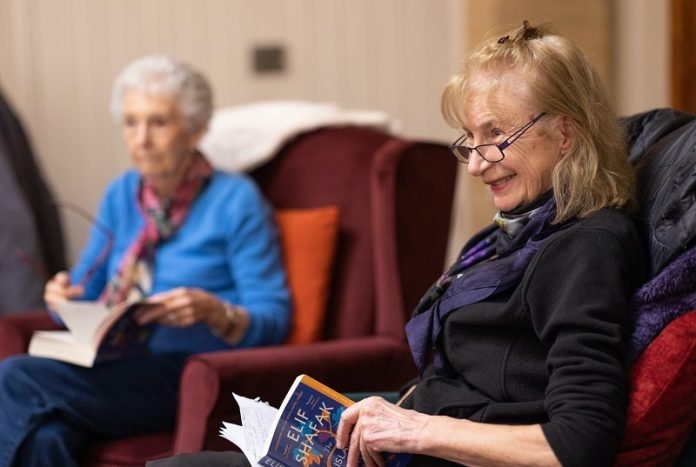
Have you ever wondered why some people seem to age faster than others?
Well, a recent study conducted in New Zealand has shed light on this puzzling phenomenon. Scientists have discovered that even at a young age, our bodies can show signs of aging.
By studying a group of individuals born in the early 1970s, researchers have identified key factors that can determine whether someone is aging faster or slower than their peers. Let’s delve into this groundbreaking study and find out more about the secrets of aging.
In the pursuit of understanding the aging process and developing interventions to prevent age-related diseases, researchers at Duke University’s Center for Aging embarked on a unique study.
Instead of focusing on older adults, they decided to investigate the aging process in young people. The study followed over a thousand individuals from birth to the present day, collecting data on various health measures, including blood pressure, liver function, and more.
To gauge the rate of aging, the researchers employed a panel of 18 biological measures. These included factors like kidney and lung function, cholesterol levels, and the length of protective caps on chromosomes called telomeres.
Using this data, they assigned a “biological age” to each participant. Astonishingly, individuals of the same chronological age displayed different biological ages, suggesting that some were aging faster or slower than others.
To determine the pace of aging, the scientists analyzed the biomarkers measured at ages 26, 32, and 38 for each participant.
By examining the slope of change in these biomarkers over time, they assessed the rate of aging. Most individuals aged at a rate of one year per year, while others aged as fast as three years per year or not at all, effectively staying younger than their actual age.
The study revealed that those with higher biological ages at 38 also aged at a faster pace. Moreover, these individuals exhibited signs of physical decline and performed worse on tests assessing balance, coordination, and problem-solving skills, similar to older adults.
Additionally, college students evaluating photographs of the participants rated those with higher biological ages as appearing older.
Contrary to popular belief, aging is not solely determined by our genes. Environmental factors play a significant role as well.
Genetic factors account for only around 20% of the aging process, leaving ample room for lifestyle choices and interventions to influence how we age.
Scientists hope that by understanding the mechanisms of aging, they can develop strategies to slow it down and provide individuals with more healthy and active years.
The study conducted by researchers in New Zealand has provided valuable insights into the aging process.
By utilizing a range of biological measures, scientists have discovered that even in young adulthood, our bodies can exhibit signs of aging.
This breakthrough offers hope for future interventions that can target aging itself, enabling us to prevent multiple age-related diseases simultaneously.
So, while the fountain of youth may still be a distant dream, we are certainly on the path to unraveling the secrets of aging and enhancing our quality of life as we grow older.



